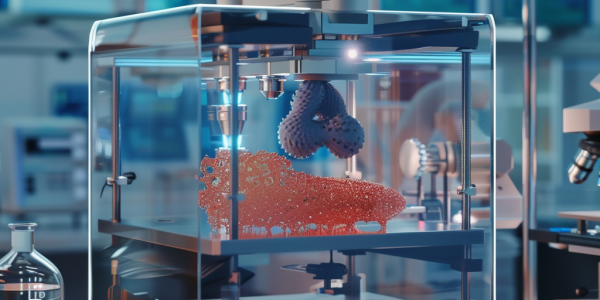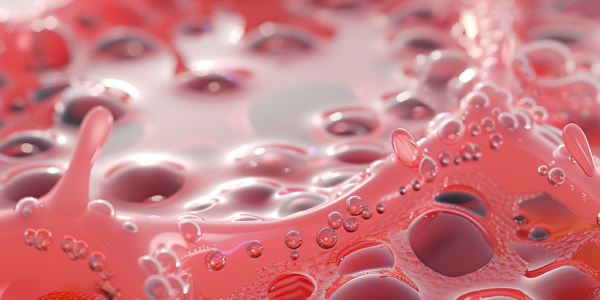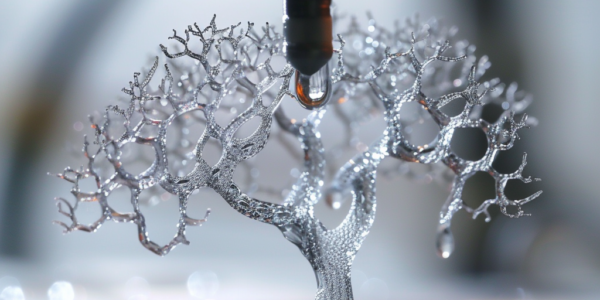Penn State Researchers Unveil Revolutionary HITS-Bio Bioprinting System
Penn State University researchers have launched the High-throughput Integrated Tissue Fabrication System for Bioprinting (HITS-Bio), a groundbreaking technology that produces functional biological tissues ten times faster than traditional methods. Utilizing cell clusters known as spheroids, HITS-Bio ensures high cell viability while enabling rapid assembly of complex tissue structures. This innovative system promises to revolutionize regenerative medicine, with potential applications in organ transplantation and advanced therapeutic interventions.
Hydrogel: The Cure for a ‘Broken Heart’?
University of Waterloo researchers have developed a new hydrogel made from cellulose nanocrystals derived from wood pulp, which mimics human tissue properties and could be used to heal damaged heart tissue and improve cancer treatments through personalized therapies using tumor organoids. This innovative material has the potential to revolutionize cancer drug testing and personalized cancer therapy, as well as regenerative medical uses for heart tissue repair.
Revolutionary 3D-Printed Ice Templates for Creating Blood Vessel Networks
Researchers have successfully created blood vessel networks using 3D-printed ice templates, revolutionizing the process of growing transplant organs in a lab setting. This innovative technique addresses the challenge of creating intricate blood vessel networks essential for sustaining artificial organs, offering promising prospects for the future of organ transplantation.



